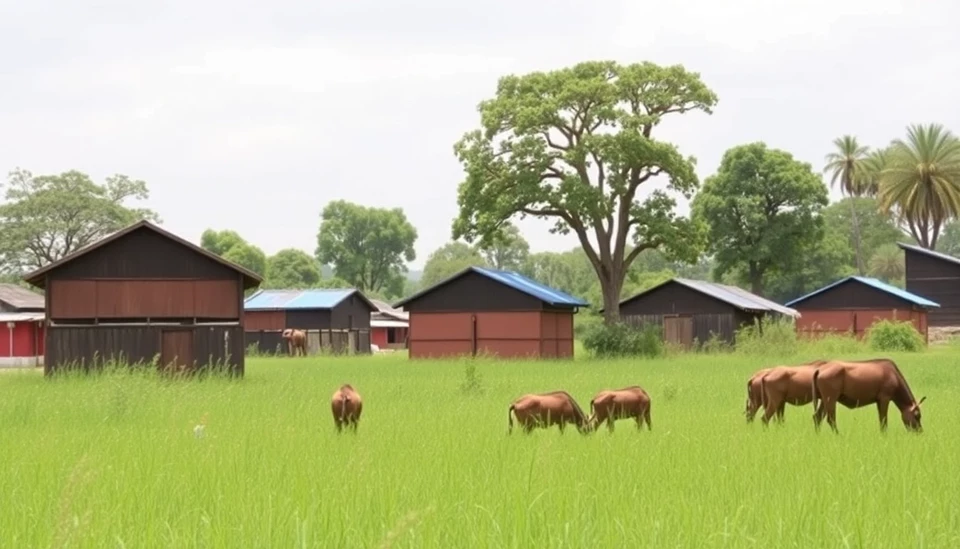
In a surprising turn of events, Zimbabwe's Finance Minister has announced that the country's economy is expected to grow by 2% in 2024, despite the hardships posed by severe drought conditions. This statement comes as local farmers are facing significant challenges in crop production due to the ongoing dry spell, which has raised concerns over food security and agricultural output.
The minister attributed the optimistic growth forecast to a variety of factors, including improved government policies aimed at bolstering various sectors. These include mining, manufacturing, and tourism, where investments are being ramped up. The government's efforts to stabilize the economic environment and enhance productivity are seen as crucial elements facilitating this projected growth.
Zimbabwe has long been afflicted by economic turmoil that has led to inflation and food shortages. However, recent reforms aimed at reviving the economy and attracting foreign investment appear to be showing signs of progress. The government has also been focusing on enhancing its agricultural sector through the introduction of improved farming techniques and drought-resistant crop varieties, which may help mitigate the effects of climate change in future harvests.
Despite these challenges, the Finance Minister remains optimistic, highlighting that investments in infrastructure and public services have started to gain traction, which could contribute positively to the overall economic landscape. Additionally, international relations have been improving, offering potential new partnerships that could invigorate economic growth.
While the 2% growth prediction is modest by international standards, it stands as a beacon of hope for a nation struggling to rise from the ashes of past economic difficulties. Stakeholders across various sectors are being urged to remain resilient and adaptive in the face of ongoing challenges, particularly within the agricultural domain where many livelihoods depend on successful harvests.
As the government aims to transform Zimbabwe's economy, the focus will now be on monitoring the impact of these reforms, ensuring that they translate into tangible benefits for the populace, especially in the context of an economy still precariously balanced amidst the risks presented by climate variability.
#ZimbabweEconomy #DroughtChallenges #EconomicGrowth #FinanceMinister #InvestmentOpportunities #AgriculturalReform #ClimateChangeAdaptation #ZimbabweNews
Author: Daniel Foster


